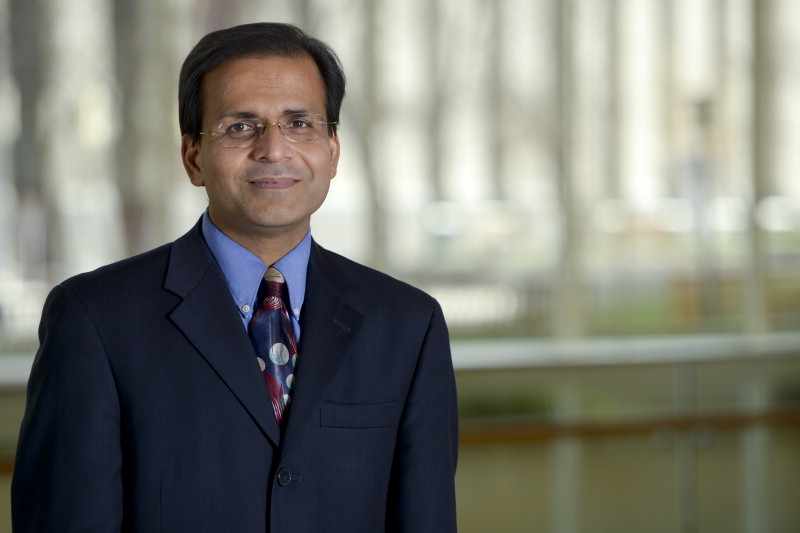-
Something to Think About: Revenge and settling scores
Dr. Amit Sood says, "Research shows that revenge originates in the belief that hurting others will comfort the avenger."
Dear friend,
I wish I never needed to seek forgiveness or forgive anyone. But my vulnerabilities are many and my desires protean. My seeking gets frustrated at times, by others or by pure chance, creating moments I wish I could forget and forgive.
Forgiveness, however, doesn’t come naturally to me. When I try to forgive, I feel I am being unfair to myself. I feel I am enabling the other person, that I risk being seen as weak, predisposing myself to future hurts. All of this pushes forgiveness away.
The alternative to forgiveness is seeking revenge. The idea of revenge offers a transient refuge to the human mind. Revenge promises to prevent future attacks and restore justice. Thinking and planning revenge is pleasurable, for it activates the brain’s reward center. Research shows the greater the activation of the brain’s reward center, the harsher the planned revenge.
Research also shows that revenge originates in the belief that hurting others will comfort the avenger. This belief, however, doesn’t translate into lived experience. When you hurt others in revenge, you increase your ruminations about the event (trying to feel justified for your action) and thus actually feel worse. Further, revenge seldom feels fair—the avenger feels that the offender got away with little punishment; the offender feels the revenge was disproportionate to the offense.
My daily lived experience matches with scientific findings. When I have been a recipient of retribution, I have always found it unjust and disproportionate to the hurt I caused. I have seldom connected my own indiscretion with the revenge I received. Each settled score thus creates a new unsettled score.
If I wish to end this toxic back and forth, I need to embrace forgiveness. There is no other recourse. I should recognize my instinct of revenge, delay acting upon it, understand the full perspective, try to validate the other person to the extent I can, try to accept to the extent I can, and give forgiveness a chance.
Minds that marinate in revenge can’t create a happy, kind, sustainable world. A world filled with thoughts of revenge is a world filled with horrors. Revenge isn’t always benign, as when bad-mouthing someone or not replying to an e-mail. Sinister revenge can range from sending a computer virus to damaging someone’s career or opening fire on the innocent.
I wish to live my life where I started—free of any thoughts of hurt or desires for retribution. I wish to end my life where I started—with no one I need to forgive. I must remember what Confucius said: “Before you embark on a journey of revenge, dig two graves.”
May your day start with the score of love-all; when your day ends, may the score still be love-all.
Take care.
Amit
Read Dr. Sood's blog posts and follow @AmitSoodMD on Twitter.

Dr. Sood is director of research in the Complementary and Integrative Medicine Program on Mayo Clinic's Rochester campus in Minnesota. He also chairs the Mind-Body Medicine Initiative at Mayo Clinic.








